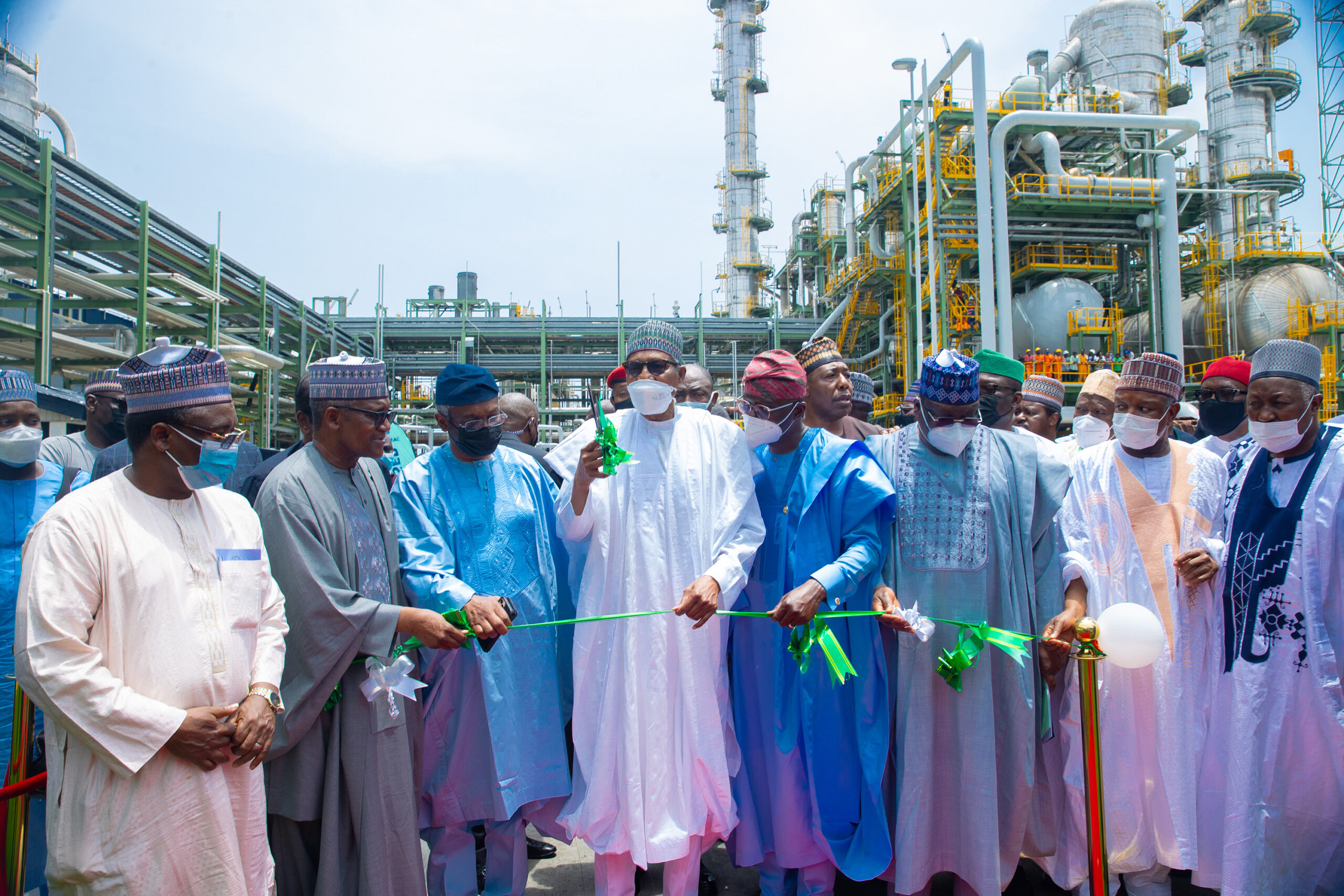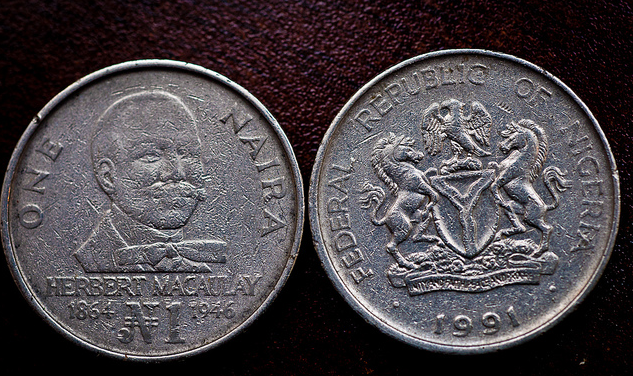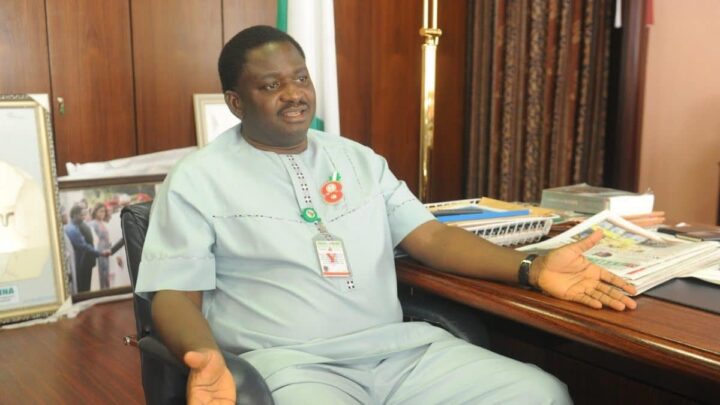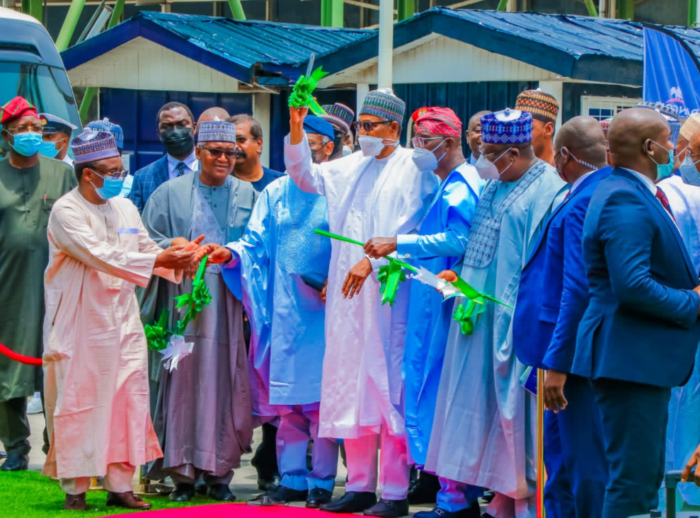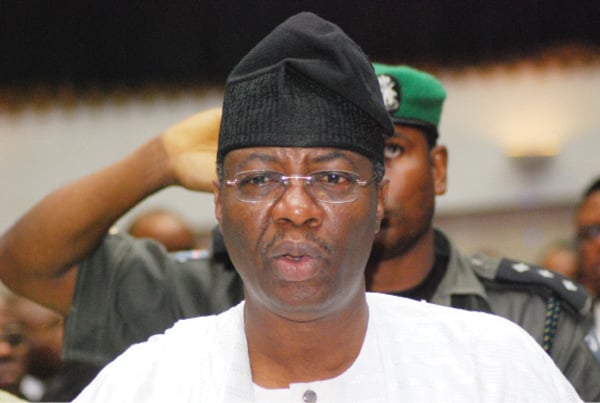President Muhammadu Buhari has inaugurated the three million metric tonnes Dangote Fertiliser Plant in Lagos.
The inauguration took place on Tuesday at the Lagos Free Trade Zone, Lekki.
The president said the project is in line with the government’s drive to ensure food sufficiency in the country.
“This is a demonstration of enhancing the socio-development of the country,” he said, while also commending the Dangote Fertiliser team.
Advertisement
Buhari assured Nigerians that his government is focused on providing enabling environment for the private sector to thrive.
“We are partnering with the private sector through tax credit scheme on road constructions in the country and rehabilitating railway lines for ease movement of goods,” he added.
On his part, Aliko Dangote, president and chief executive officer (CEO) of Dangote Group, expressed delight at the success of the fertiliser plant.
Advertisement
Dangote said the plant is the largest in Africa and the second-largest urea plant in the world.
He said products from plants have reached the African market, and across Brazil, India, and Mexico.
“It is an ambitious project that will reduce unemployment in Nigeria,” he said.
“Low fertiliser usages have been the reason for low yield of agriculture products in the sector.
Advertisement
“Our goal is to make fertiliser available in quantity for our farmers. We are rolling out initiatives that will transform the agric sector for all.
“This will boost productivity and enhance output across the nation.”
He appreciated the Central Bank of Nigeria (CBN) and other agencies of government for their support.
The Dangote Fertiliser project phase one is estimated to produce three million metric tonnes of urea per annum.
Advertisement
The project, according to Dangote Industries Limited, cost about $2.5 billion.
The company said the capacity of the plant will be expanded to produce multi grades of fertiliser to meet soil, crop, and climate-specific requirement for the African continent.
Advertisement
Add a comment
